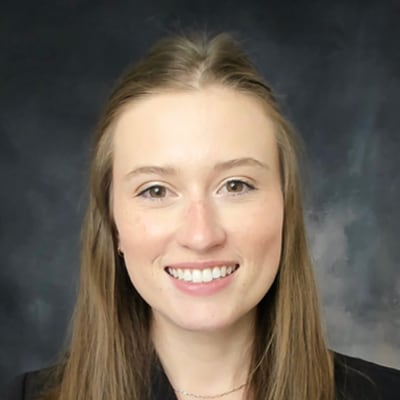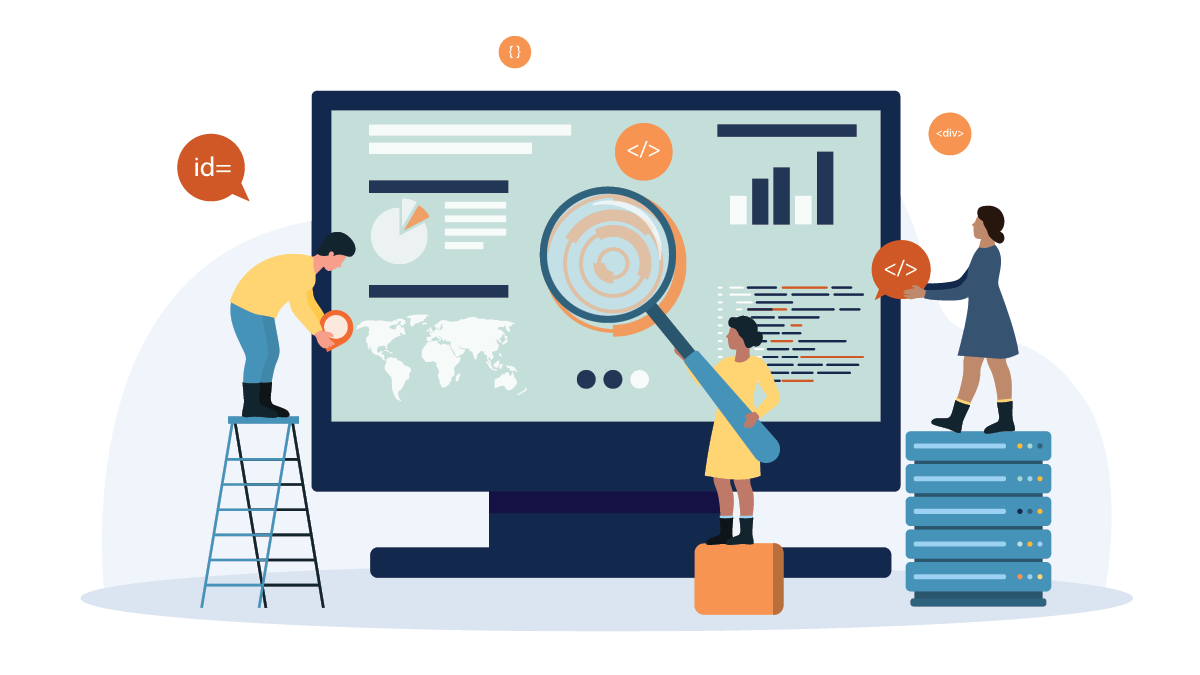Career Paths for CFA
Learn more about what you’ll be doing, the work environment, the education and experience, and an employee profile or testimonial.
As a data scientist at CFA, you will work in a team to help build, test, and improve computational tools to meet these challenges of analyzing outbreak data in real time. You will work with your team to produce analyses, reports, and deliverables to support public health decision making. You will also wrestle with scientific challenges to identify what data, modeling, and inference methods produce the best insights from messy, lagged or incomplete data. You will gain experience with best practices in software engineering while working to implement well-tested, scalable, open-source computational tools that will be used internally at CDC, and by external partners in academia and government.
CFA operates from state-of-the art office spaces in Washington, DC and Atlanta, GA. CFA also has remote work opportunities for prospective employees to work from all over the U.S.
Employees should have at least a Bachelor’s degree in math, physics, engineering, biomath, computer science, quantitative epidemiology, disease ecology, or related fields, and should be excited to learn new modeling methods and inference strategies. Many of the data scientists at CFA have graduate-level (MS or PhD-level) training in infectious disease dynamics, or related disciplines. Although we sometimes use more traditional machine learning or time series methods, CFA more often uses approaches that explicitly model biological, behavioral, and operational aspects of disease transmission and case observation, like compartmental/ODE, agent based, or branching process models. We use a variety of inference strategies, mostly Bayesian, to fit these models to data. Experience with these kinds of methods, or a strong desire to learn, are a plus!
Katie Gostic, Data Scientist
B.A. Biology, Princeton University
PhD Biology, University of California Los Angeles
James S. McDonnell Foundation Fellowship in Complex Systems, the University of Chicago
Computational Staff Scientist, the University of Chicago
Describe your career path to CFA:
I was introduced to the field of infectious disease dynamics as an undergraduate, and knew that I wanted to build a career using models and data analysis to guide public health decision making. I did my PhD in Jamie Lloyd-Smith’s lab at UCLA, where I learned to build stochastic models that can help us understand data from early in outbreaks, when case counts are low, and chance events in transmission can have big effects on the trajectory of an epidemic. As a graduate student, and then later as a postdoctoral fellow in Sarah Cobey’s group at the University of Chicago, I researched how infection history shapes immunity to evolving influenza viruses. In 2020 I worked to support the pandemic response in the state of Illinois, and came to realize the specific challenges of analyzing outbreak data in real time, and the need for response ready tools to support these kinds of analyses. I joined CFA in the fall of 2022, and I’m excited to be part of this important work.
What do you like best about working at CFA?
First and foremost, I love working in a team of smart, kind, and collaborative people. I also think that the work we are doing at CFA is incredibly rewarding and intellectually challenging. I’m constantly learning new things, solving new problems, and seeing the impacts of my work in real time.
Fellows at the Center for Forecasting and Outbreak Analytics have the unique opportunity to participate in several wide-ranging projects across the Center’s mission. Whether you’re interested in our data science, policy, communications, or other partnership activities, we work to match your interests and relevant skillsets to corresponding projects and programs for the Center. Each day of work may be different – one day you may develop an Rt estimate for an infectious disease model and the next day you may be communicating your findings to CDC leadership. Every day you will come to work to make a difference in public health.
CFA operates from state-of-the art office spaces in Washington, DC and Atlanta, GA. CFA also has remote work opportunities for prospective employees to work from all over the U.S.
Education requirements vary by Fellowship, responsibilities, and placement location in CFA, but generally employees should have at least a bachelor’s degree and often a graduate degree, with a focus in health science, computer science, public health or another relevant field.

Danielle Richard, Presidential Management Fellow
MPH Global Epidemiology, Emory University Rollins School of Public Health
B.S. Ecology & Evolutionary Biology, University of Arizona
Public Health Coordinator, Arizona Department of Health Services Office of Infectious Disease
Describe your career path to CFA:
After graduating from the University of Arizona, I worked at the Arizona Department of Health Office of Infectious Disease Services on infectious disease surveillance, project management, and emergency response activities. In August of 2020, I started graduate school and focused my coursework on social and spatial epidemiology methods, social determinants of health, and infectious disease epidemiology. After obtaining my MPH, I joined CFA as a Fellow and analyst in the Predict Division in June of 2022. I conduct analyses and develop technical reports on infectious disease outbreaks that are shared with USG leadership and the public, as well as support efforts to embed health equity into quantitative methods and processes.
What do you like best about working at CFA?
My favorite part about working at CFA is that I work with a group of passionate, mission-driven, and multidisciplinary professionals. As a Fellow, I can seek out opportunities to grow my skillset and apply my knowledge in diverse and interesting ways.
Computer scientists, mathematicians, statisticians, engineers, and other STEM-minded individuals work to support the Center’s mission by developing and deploying digital tools, infrastructure, software and other capabilities to support public health decision-makers within CDC, the federal government, and state, local, and tribal leaders.
CFA operates from state-of-the art office spaces in Washington, DC and Atlanta, GA. CFA also has remote work opportunities for prospective employees to work from all over the U.S.
IT professionals at CFA should have a least a bachelor’s degree in computer science, engineering, mathematics, or other relevant STEM discipline. Experience with data manipulation, software development lifecycle, SQL, Java, Python, HTML, C++, etc.

Nimeshkumar Patel, Data Scientist (System Administrator)
M.S. Computer Science, Wayne State University
B.S. Mechanical Engineering, Maharaja Sayajirao University of Vadodara, India
Describe your career path to CFA:
During my master’s in computer science, I started working at the KARMANOS Canter Institute in Detroit, MI as a system administrator and computer programmer for breast and prostate cancer research projects. In 2004, I joined the CDC to support surveillance projects at the Injury Center and have worked on a variety of projects for CDC as a lead programmer and system administrator. During the COVID-19 pandemic, I led data and project management for the Surveillance, Review, and Response Group (SRRG). In mid-2022, I was promoted to System Administrator (Lead) at CFA.
What do you like best about working at CFA?
My favorite thing about working for CFA is being able to work in a strong, healthy, just culture along with a group of talented people who are passionate about their professions. At CFA, leadership is involved and engaged in daily operations, responsive to questions and ideas, promotes autonomy and innovation, and most importantly encourages staff to be creative and do things outside of the box.


